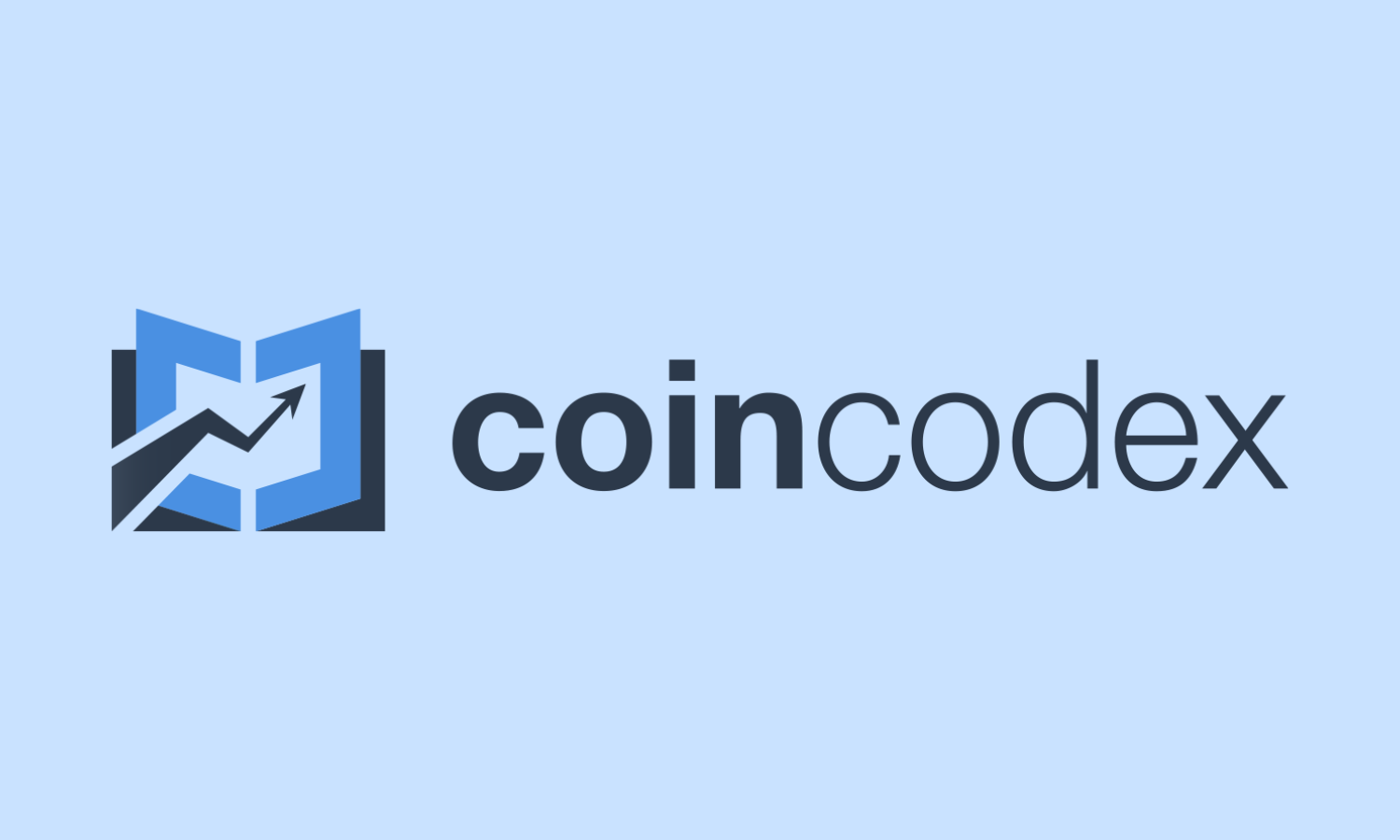9 Best Blockchain Startups to Watch in 2024

The blockchain technology continues to revolutionize industries across the globe, with its potential to enhance transparency, security, and efficiency in various sectors. As we’re slowly approaching the second half of 2024, the blockchain startup ecosystem is thriving with innovative projects and disruptive ideas.According to a report by Grand View Research, the global blockchain technology market revenue is forecasted to reach $1.43 trillion by 2030, up from $17.46 billion in 2023 (which would represent a CAGR growth rate of 87.7%). Per the report, a major reason for the positive growth projection is established companies working on monetizing blockchain solutions, like IBM, Microsoft, Circle, Deloitte, Ripple, and others. However, startups play a vital role due to their flexibility and inclination to pursue disruptive products and services.In this article, we are going to focus on several startups that are leading the way with innovative technologies and unique approaches to common problems.In the sections that follow, we will list 9 blockchain startups we believe have strong potential for future growth. The total funding amounts correspond to the amounts listed on Crunchbase (except when stated otherwise), a leader in providing business information about private and public companies.Omni Network is a Layer 1 blockchain that serves as a bridge within Ethereum’s ecosystem, particularly uniting various rollup technologies to create a seamless environment for developers. This enables the creation of applications that can operate across all Ethereum rollups, integrating their liquidity and user bases effectively. The crypto startup aims to restore Ethereum’s early vision as a unified platform by overcoming the current fragmentation caused by isolated rollup solutions. By enabling easy cross-rollup communication and application development, Omni, powered by the native OMNI coin, strives to foster a more interconnected and robust Ethereum ecosystem.AltLayer is a protocol that allows developers to launch rollups using either optimistic or ZK (zero-knowledge) rollups technology. In addition, AltLayer, powered by ALT, also utilizes EigenLayer’s restaking mechanism to allow developers to launch “restaked” rollups, which benefit from better security, more decentralization, and faster finality. According to the AltLayer startup, each restaked rollup consists of three Actively Validated Services (AVS). These AVSes handle state verification, faster finality, and decentralized sequencing, respectively.Aptos is a Web3 startup that aims to create a more user-friendly and scalable decentralized web. The platform uses a layer 1 blockchain that is based on the Move programming language, which was originally developed for Meta’s Diem project. Aptos allows developers to create and deploy web3 applications that are safe, performant, and upgradeable. It also has its own native token, APT, which is used for governance, staking, and fees.Mina Protocol is a blockchain startup that claims to be the world’s lightest blockchain, powered by participants. The platform uses zero-knowledge proofs to compress the entire blockchain into a constant size of about 22 KB, which can be easily verified by any device. Mina Protocol also allows users to create zkApps, smart contracts powered by zero-knowledge proofs that can privately interact with any website and access verified real-world data for use on-chain. The project aims to create a more secure and democratic web3 with zero-knowledge proofs. MINA is the native token of the Mina Protocol platform, serving as a governance token.GMX is a crypto project that offers a decentralized perpetual exchange that supports low swap fees and zero-price impact trades. The platform enables users to trade BTC, ETH, AVAX, and other top cryptocurrencies with up to 50x leverage directly from their wallets. GMX is the native token of the project, which can be used for staking, paying fees, and governance. GMX is currently available on Arbitrum and Avalanche networks.Open Campus is a community-led Web3 education protocol that aims to tokenize the world’s educational content by enabling teachers and creators to monetize their content. The protocol allows communities to create, own, and promote content they want to see in the world and enables educators to earn revenue and recognition for their contributions. The protocol also supports smart donations, which allow donors to support educational causes directly and track their donations on-chain. Open Campus has partnered with various platforms, such as TinyTap, Mocaverse, and GEMS, to integrate its protocol and offer more opportunities for learning and earning. The platform uses the native token EDU, which was offered to Binance Launchpad investors during a week-long campaign in April 2023.Space ID is a crypto project that offers a Web3 identity protocol with a multi-chain name service. It allows users to discover, register, trade, and manage Web3 domains, which are human-readable identities that can be used instead of standard cryptocurrency addresses. Space ID also provides a Web3 Name SDK and API for developers to integrate Web3 name services across blockchains. The project has its own native token, ID, which is used for staking, payments, and governance. Space ID is one of the largest Web3 name service providers and has partnered with various platforms, such as Binance Smart Chain, Arbitrum, Trust Wallet, and more.Hooked Protocol is a crypto startup that is building the on-ramp layer for massive Web3 adoption using the Learn-to-Earn and gamified elements to power various blockchain products. The project aims to accelerate Web3 education and engagement by offering customized learning resources and onboarding support for businesses and users. Hooked Protocol has its own native token, HOOK, which is used for governance, staking, and rewards. Hooked Protocol also has a secondary token, HGT, which is used for incentivization and gamification. Hooked Protocol was launched on Binance Launchpad in December 2022.Hashflow is a crypto project that offers a decentralized exchange designed for interoperability, zero slippage, and MEV-protected trades. The project allows users to trade any asset on any chain in seconds simply by connecting their wallets. Hashflow also provides commission-free trades, guaranteed price execution, and native cross-chain swap functionality without the use of bridges or synthetic assets. Hashflow has its own native token, HFT, which is used for staking, governance, and rewards. Hashflow was launched on Binance Launchpool in October 2022, allowing investors to farm HFT by staking their BNB or BUSD.These are some of the best blockchain startups to watch in 2024 that are transforming the blockchain industry by introducing higher standards of trading, functionality, and flexibility. If you are interested in learning more about these startups or investing in them, you can visit their websites or follow them on social media.If you are seeking more promising blockchain projects, check our list of the best crypto presales or follow our weekly-update list of best cryptocurrencies to buy right now.

Published on Other News Site



















